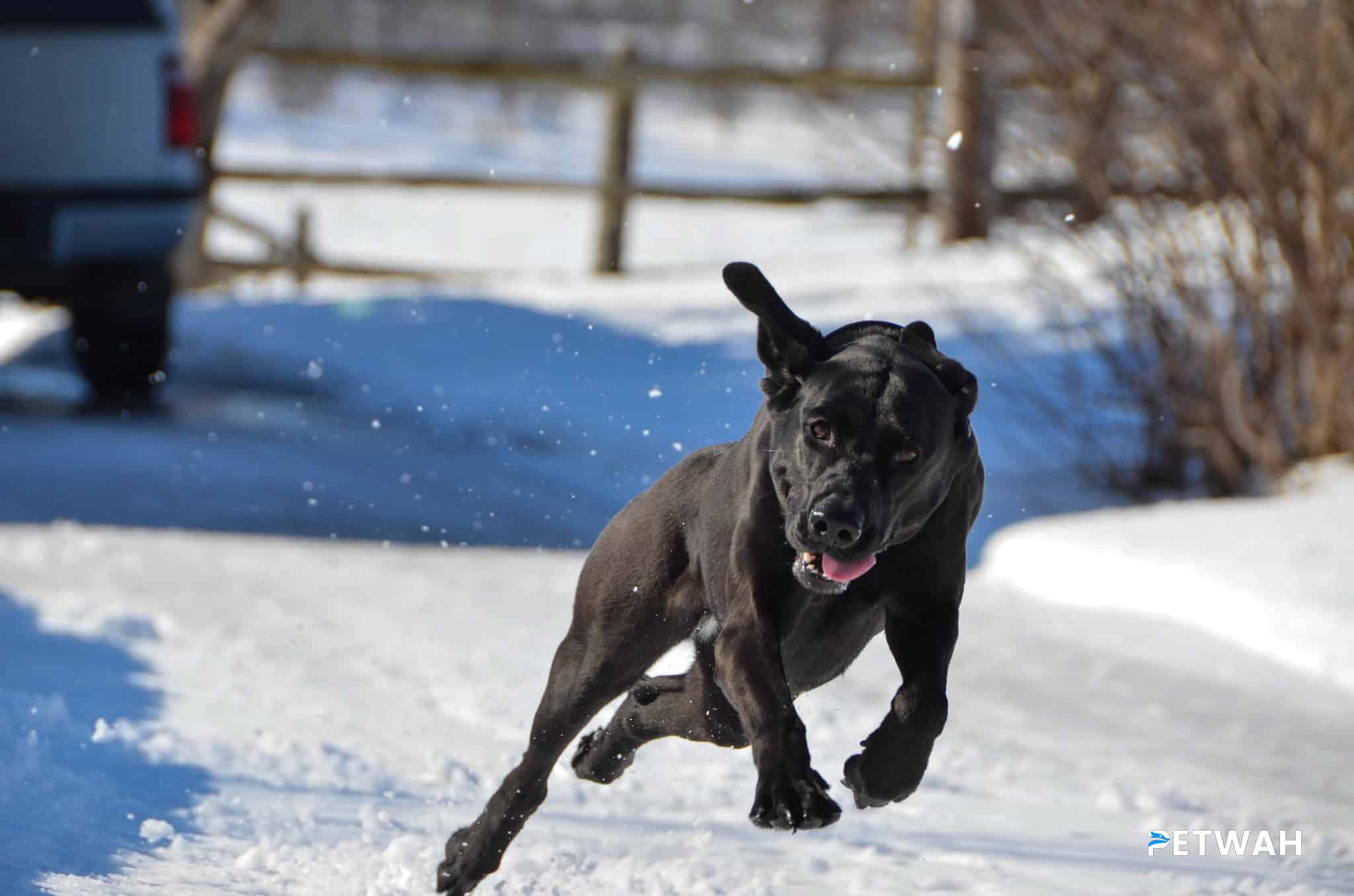Welcome to Poodle’s Primped Paws: Unraveling Skin Conditions in Poodles and the Best Treatments for Flawless Fur. Poodles are known for their elegant looks and luxurious coats, but did you know that these adorable canines are prone to developing skin conditions? From dryness and irritation to allergies and infections, Poodles can face a range of skin issues that require proper attention and care.
In this blog post, we will delve into the world of Poodle skin conditions, exploring the reasons why they are more susceptible to these problems than other breeds. We will also discuss various treatments available to help keep your Poodle’s fur flawless and their skin healthy. So, whether you are a proud Poodle owner or just curious about these intelligent and stylish dogs, keep reading to discover essential information that can help your furry friend thrive.
Poodle’s Primped Paws: Unraveling Skin Conditions in Poodles and the Best Treatments for Flawless Fur
Poodles are known for their elegant appearance with their curly, hypoallergenic coats. However, like any other breed, poodles are not entirely immune to skin conditions. These furry companions can be prone to various skin issues that can cause discomfort and affect the overall health of their coat. In this blog post, we will explore the common skin conditions that poodles may encounter and the best treatments available to achieve and maintain flawless fur.
Common Skin Conditions in Poodles:
1. Allergies: Poodles can develop allergies due to environmental factors, such as pollen, dust mites, or certain foods. Allergies can manifest as itchy skin, redness, rashes, or even ear infections. Identifying and avoiding the allergen is crucial. Additionally, antihistamines, topical creams, and hypoallergenic diets prescribed by a veterinarian can provide relief.
2. Atopic Dermatitis: Atopic dermatitis is a chronic inflammatory skin condition that can be genetic in poodles. It is characterized by red, itchy, and inflamed skin, usually in the paws, ears, and abdomen. Treatment options may include medicated shampoos, antihistamines, immunotherapy, and omega-3 fatty acid supplements.
3. Bacterial and Fungal Infections: Poodles are susceptible to bacterial and fungal infections on their skin, which can cause itching, hair loss, and a foul odor. These infections can be treated with prescribed medicated shampoos, topical creams, or oral medication prescribed by a veterinarian.
4. Seborrhea: Seborrhea is a skin condition that occurs when the skin produces excessive oil, leading to a dry, flaky, and oily coat. Regular bathing with medicated shampoos and the use of topical treatments, such as moisturizers or keratolytic agents, can help manage seborrhea.
.jpg)
5. Hot Spots: Hot spots, also known as acute moist dermatitis, are localized areas of inflamed, itchy, and infected skin. Poodles with dense coats are more prone to developing hot spots. Treatment involves clipping the hair around the affected area, cleaning the wound, and applying topical medications to promote healing.
Best Treatments for Flawless Fur:
1. Regular grooming: Regular grooming is essential for maintaining a poodle’s coat and preventing skin issues. Brushing their coat daily helps remove dead hair, prevents matting, and stimulates blood circulation. Trimming their hair around sensitive areas, such as the paws and ears, can also help minimize the risk of infections.
2. Proper nutrition: A balanced and high-quality diet plays a crucial role in maintaining a poodle’s skin health. Omega-3 fatty acids, found in fish oil or flaxseed oil supplements, can help improve skin moisture and reduce inflammation. Consult with your veterinarian to ensure your poodle’s diet meets their specific nutritional needs.
3. Bathing with appropriate products: Poodles should be bathed regularly using gentle, hypoallergenic shampoos specifically formulated for dogs with sensitive skin. Avoid using harsh soaps or human shampoos, as they can strip the natural oils from their coat, leading to dryness and irritation.
4. Medications and treatments: In case of severe or persistent skin conditions, it is crucial to seek professional advice from a veterinarian. They may prescribe oral medications, topical ointments, or medicated shampoos tailored to address your poodle’s specific needs.
While poodles are generally known for their luscious coats, they are not exempt from developing skin conditions. Understanding and recognizing the common skin issues in poodles is the first step towards providing them with the right treatment. Regular grooming, proper nutrition, and appropriate hygiene practices are vital in maintaining flawless fur. Remember, if you notice any concerning or persistent skin problems, consult a veterinarian for an accurate diagnosis and effective treatment options. With the right care and attention, your poodle can continue to flaunt their primped paws and maintain a healthy and lustrous coat.
In conclusion, it is clear that poodles are indeed at risk of developing various skin conditions. However, with the right care and treatment, these issues can be effectively managed and even prevented. From regular grooming to implementing diet modifications and using specialized shampoos, there are several options available to keep your poodle’s skin healthy and their fur flawless. Remember, early detection and intervention are key when it comes to maintaining your poodle’s overall well-being. By staying vigilant, consulting with a veterinarian, and following the recommended treatments, you can ensure that your poodle’s primped paws remain happy, healthy, and free from any skin-related concerns.


.jpg)
.jpg)
.jpg)
%20-%20Copy.jpg)

%20-%20Copy.jpg)
.jpg)